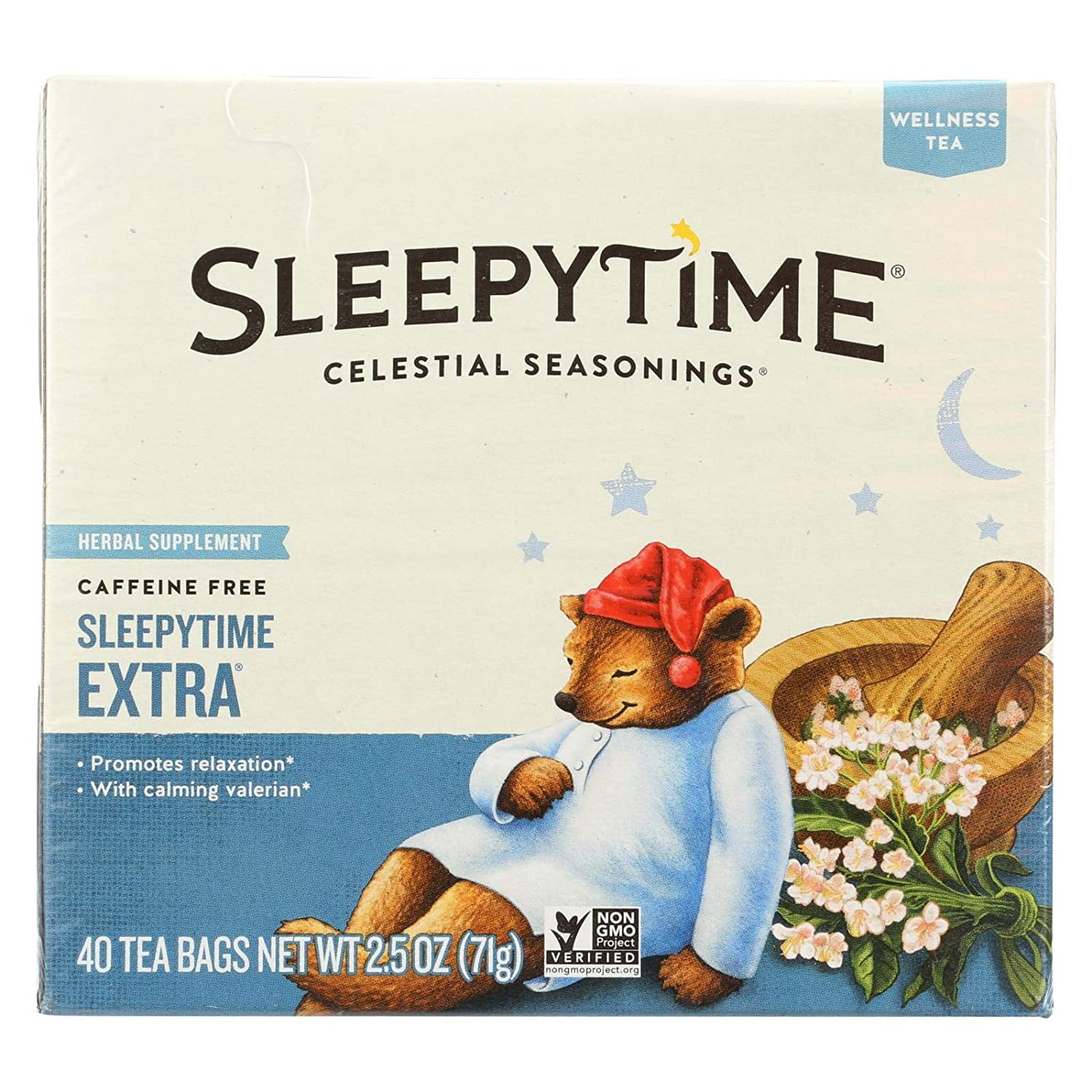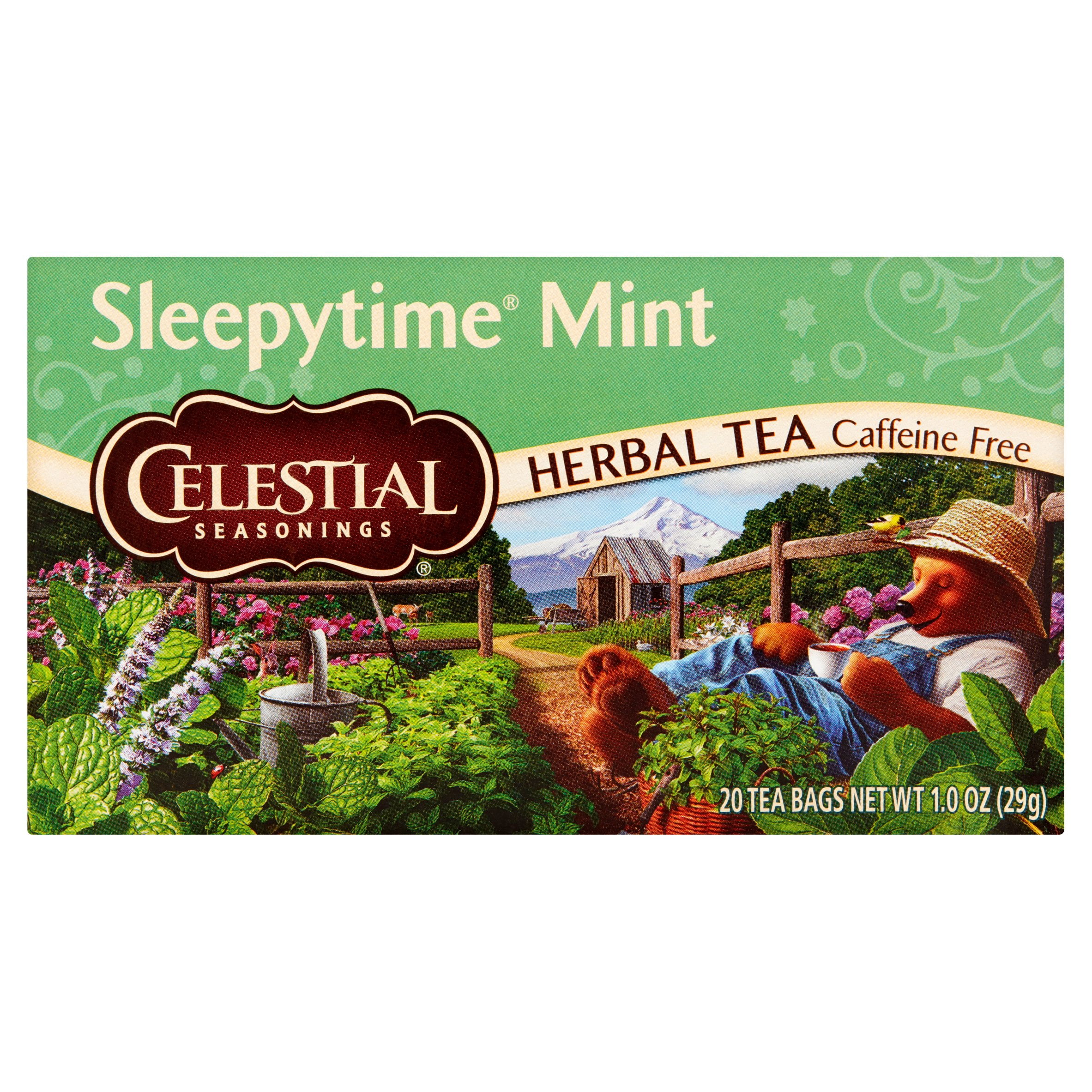

Green tea is always a healthy option, and serves as a nice bedtime tea alternative for those who don’t like the taste of herbal teas. For best results, steep for at least 5 minutes before drinking. Valerian also takes a few days to a few weeks for the effect to kick in. However, valerian root can become addictive or interfere with other medications, so check with your doctor before taking it. Plus, valerian tea helps sleep without causing many of the side effects associated with other common sleep medications. It works so well, that some people use it instead of melatonin supplements. Unlike chamomile, studies have proven moderate improvement of insomnia symptoms in drinkers of valerian tea.Īs a strong natural sedative, valerian root has been used since the second century to help people fall asleep faster, reduce symptoms of insomnia and anxiety, and increase overall sleep quality. While chamomile is the most popular tea for sleep, there’s a stronger option preferred by those who really need help falling asleep: valerian tea. For best results, steep this sweet and flowery tea for 10 minutes before drinking.


And we believe it helps us sleep – that may be the most important part of all.Ĭhamomile can induce an allergic reaction, and should be avoided by pregnant women or anyone about to have surgery due to its blood-thinning properties. Why do we believe chamomile helps induce sleep, despite not having any conclusive evidence? Like many of the teas on this list, chamomile has a calming effect that promotes relaxation. However, a 2005 study of rats found chamomile extract helped them fall asleep much quicker. While the chamomile had no effect on sleep onset, quality, or overall length, it did show some improvement in daytime functioning. One 2011 study split individuals with insomnia into two groups: one group took a placebo while the other took a chamomile extract twice a day for four weeks. Multiple small studies have found chamomile to provide various benefits, although the results are still inconclusive regarding sleep. The tea works as a mild tranquilizer, relaxing the nerves and muscles. Chamomile has positive effects on individuals with mild to moderate generalized anxiety disorder, and it also has antidepressant qualities. The perennially popular herbal tea has been used for centuries to stave off insomnia, stress, anxiety, and upset stomachs. Chamomile teaĬhamomile is oft cited as the best tea for sleep. You’ll find many bedtime teas actually contain multiple of these ingredients. Types of Bedtime Teasīelow we review the best tea ingredients for sleep. As with most things, your reaction to the tea will depend on your personal sleep issues and taste preferences, and even what else you ate or did that day. While many of these teas have a mild effect, if any at all, the placebo effect of knowing it’s a sleepytime tea may be enough to get you to fall asleep. Still others, like catnip in the mint family, alleviate indigestion so the body can relax for sleep. Some sleepytime tea ingredients have a sedative effect, like chamomile or valerian, while others, like lavender and lemon balm, reduce the stress and anxiety that plague insomniacs.
#Whats in sleepytime tea full#
For instance, ingredients like valerian root are quite stinky when taken alone, and taking a supplement with a quick swig of water is not nearly as relaxing an experience as drinking a full cup of warm tea.īy combining multiple pro-sleep, anti-anxiety herbal ingredients, bedtime teas create an overall calming bedtime experience that promotes sleepiness at the same time. Although, tea is often a much more pleasant way of ingesting these ingredients, and can be a calming activity in and of itself. It’s not the tea, but rather the ingredients, that help you sleep. Sleepytime and bedtime teas are caffeine-free, herbal teas made of many of the same materials that are found in sleep supplements, including valerian root. Of course, caffeinated teas, such as black tea, white tea, and caffeinated green tea, should be avoided late at night, but there is some evidence that drinking certain herbal teas before bed can help facilitate sleep. As your body dries off and the extra water evaporates from your skin, the corresponding drop in body temperature signals to your brain that it’s time for sleep. Even though the bath or tea water is hot, it ends up cooling you down. It may mimic the effect of taking a warm bath before bed. There is a calming aspect to sipping a warm liquid in your favorite mug before nodding off. Drinking tea before bed soothes many people.


 0 kommentar(er)
0 kommentar(er)
